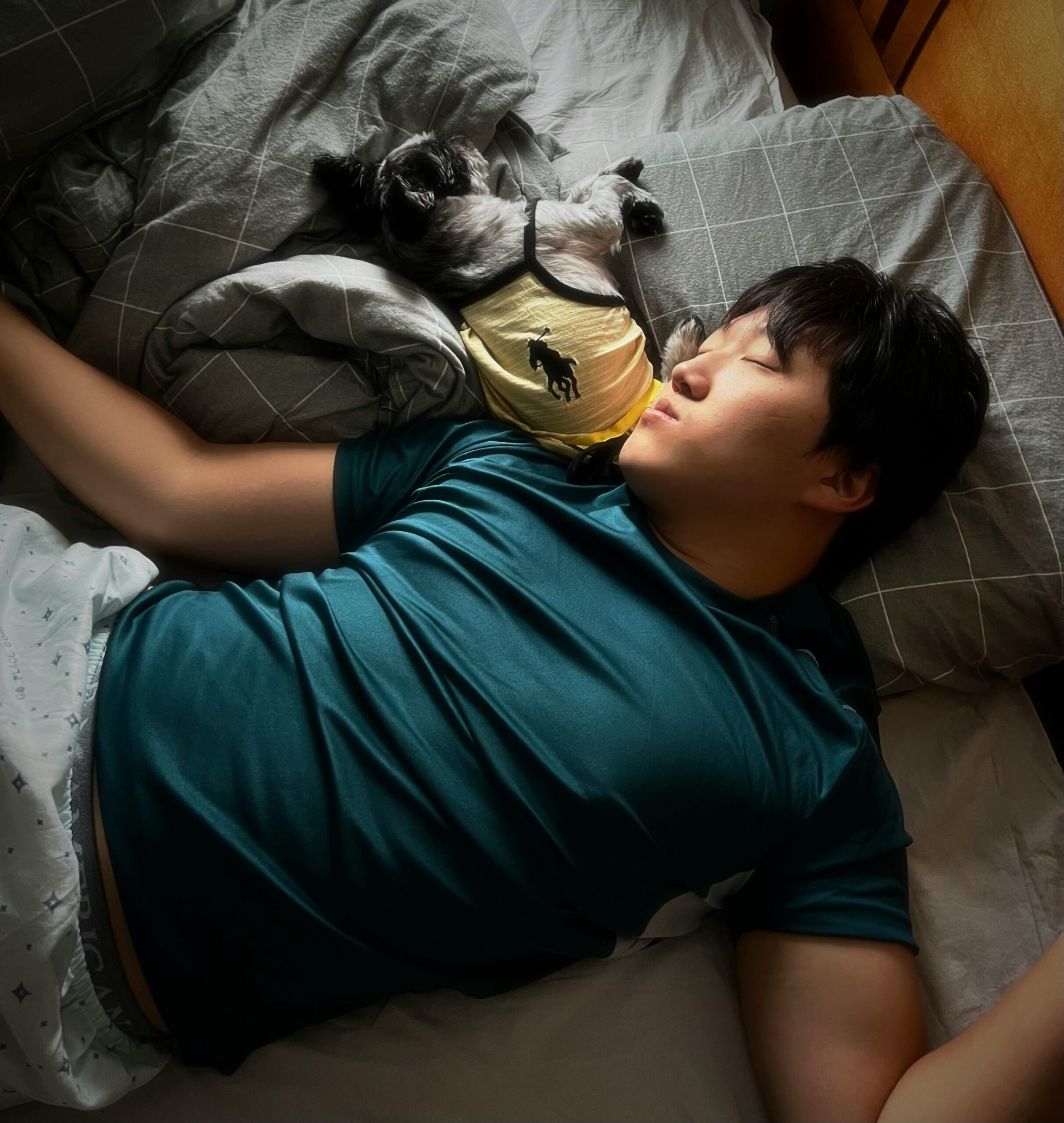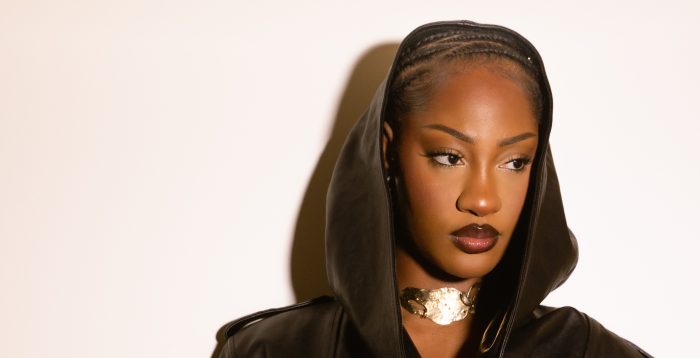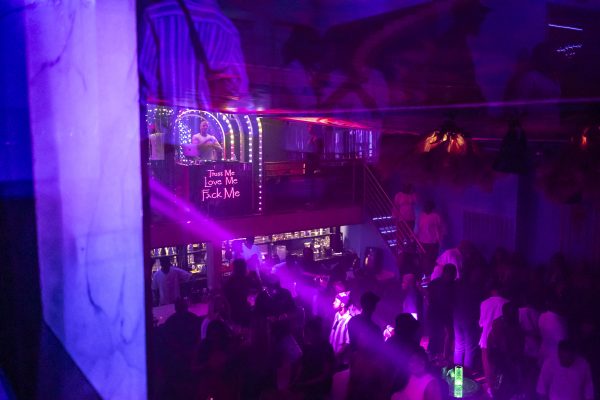Sleep deprivation is when you get less sleep than needed or no sleep at all. Sleep allows your body to repair itself in order to perform essential biological functions. Seven to eight hours of sleep is recommended for an adult, but sometimes work and lifestyle factors may disrupt your ability to sleep.
[ad]
Here are the 5 stages of sleep deprivation.
Stage 1: After 24 Hours
It is fairly common to miss 24 hours of sleep. This won’t cause any major health issues, but you can expect to feel tired and “off”. According to the Centers for Disease Control and Prevention, 24 hours of sleep deprivation is the same as having a blood alcohol concentration of 0.10 percent. At this point, it is unsafe for you to drive. You may experience symptoms like drowsiness, irritability, anger, brain fog, fatigue, tremors, food cravings, puffy eyes, and dark undereye circles.

Stage 2: After 36 Hours
Symptoms intensify, and you start to have an overwhelming urge to sleep. You may start to experience microsleeps without realising it. You may also experience impaired memory, increased errors, slow reaction time, and behavioural changes.
Other physical effects may include increased appetite, extreme fatigue, and impaired immune function.
[ad]
Stage 3: After 48 Hours
At this point, it’s even harder to stay awake. Missing sleep for 48 hours is called extreme sleep deprivation. You may begin to hallucinate and experience difficulty communicating with people around you. Other effects include anxiety, extreme fatigue, increased irritability, and heightened stress levels.
READ ALSO: Fall Asleep Faster With These Five Tips
Stage 4: After 72 Hours
Three days of sleep deprivation will significantly impair your perception, and hallucinations might become more complex as you struggle to tell what’s real or not. You may also experience even longer microsleeps. Other symptoms include illusions, delusions, disordered thinking, and depersonalization.
[ad]
Stage 5: After 96 Hours
Your perception of reality will become severely distorted after four days. The urge to sleep becomes unbearable. When you miss so much sleep that you’re unable to interpret reality, this is called sleep deprivation psychosis. It typically goes away once you get enough sleep.
How Long Does It Take to Recover?
You can start by going to bed early rather than sleeping in late. It is also a good idea to get at least 8 hours of sleep every night. It can take weeks to recover from a bout of sleep deprivation. One hour of sleep loss requires four days to recover.
[ad]








